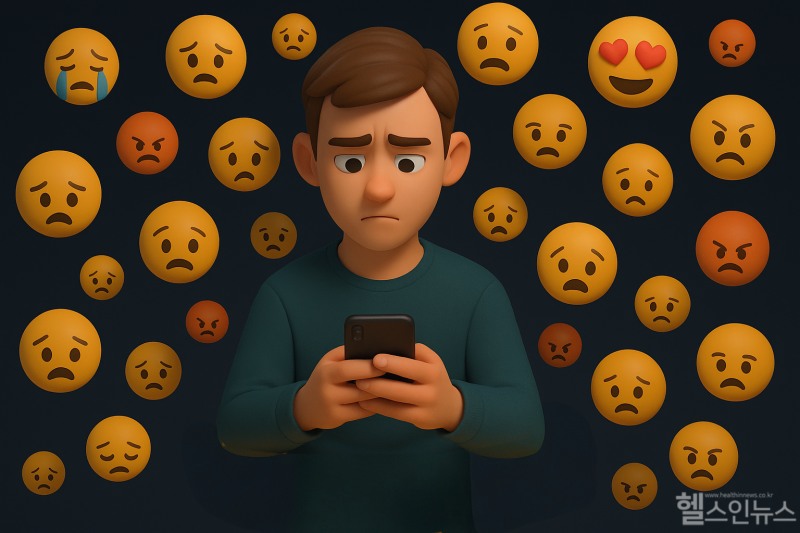This constant exposure to human sentiment is taking a toll. Mental health experts warn that the incessant documentation and consumption of emotions is leaving users emotionally drained and psychologically vulnerable.

A Growing Mental Health Concern
The phenomenon extends beyond mere fatigue. Research links excessive emotional sharing and prolonged social media use to anxiety disorders, depression, and sleep disturbances. The irony is stark: sharing emotions, meant to foster connection, often depletes the emotional reserves it seeks to replenish.
Experts view the real-time exposure of emotions on social media as a significant threat to psychological well-being. While emotional expression is essential, over-reliance on digital platforms for processing feelings is problematic. The core issue lies in the inescapable flood of content users face upon opening an app, underscoring the need for structured boundaries around social media use.
Compassion Fatigue in the Digital Age
Opening a social media app unleashes a torrent of others’ emotions—celebrations, outrage, grief, or indignation—shared in real time. Repeated exposure to such content can overwhelm the brain, leading to “compassion fatigue” or “emotional burnout.” These conditions arise from excessive empathy for others’ emotions, draining emotional energy and potentially causing emotional avoidance or numbness.
Chronic emotional overload may trigger sleep disorders and anxiety symptoms. Historically observed in caregiving roles like social work or nursing, compassion fatigue is now increasingly common among heavy social media users absorbing others’ emotional states.
The Comparison Trap
Social media fosters relentless comparison with others’ emotions. As users observe peers sharing happiness or pain, they often measure their own feelings against these curated displays. A 2023 report by U.S. Surgeon General Vivek Murthy found that adolescents spending over three hours daily on social media face double the risk of depression and anxiety compared to lighter users.
Teenagers and those with lower self-esteem are particularly vulnerable, as exposure to others’ emotional expressions can spark self-comparison and diminished self-worth. The constant stream of others’ experiences creates an exhausting benchmark for users’ emotional lives.
When Emotions Become Performance
On social media, emotions often become content, sometimes exaggerated to garner likes or reactions. Over time, this creates a disconnect between performed and genuine emotions, fostering a cycle where users grow addicted to expressing feelings for external validation. This “outsourcing” of emotions can destabilize self-identity, encouraging tailored emotional displays for an audience.
As emotional authenticity erodes, relationships on these platforms grow increasingly superficial. Users may struggle to distinguish genuine feelings from those crafted for digital consumption.
Three Strategies for Protection
Social media offers powerful tools for sharing emotions and building connections, but its environment of unchecked emotional exposure can undermine mental health. Rather than being swept up by others’ emotions, individuals must prioritize self-regulation and introspection.
First, processing emotions internally before sharing them publicly is crucial. Practicing a “digital emotional fast”—such as recording feelings privately once a day without posting—can restore emotional depth and agency.
Second, managing social media engagement by disabling notifications and setting time limits reduces fatigue. Avoiding immediate reactions to emotionally charged content helps preserve focus and prevent overstimulation.
Finally, emotions are best processed through meaningful human connections. Face-to-face conversations with family, friends, or therapists provide a depth of comfort and stability that surpasses the fleeting validation of social media interactions.
In an age of ceaseless emotional stimuli, protecting and managing one’s emotions is essential. With intentional use, social media can evolve from a source of addiction into a meaningful tool for genuine connection.
Health In News Team Haeun Oh
press@healthinnews.kr


